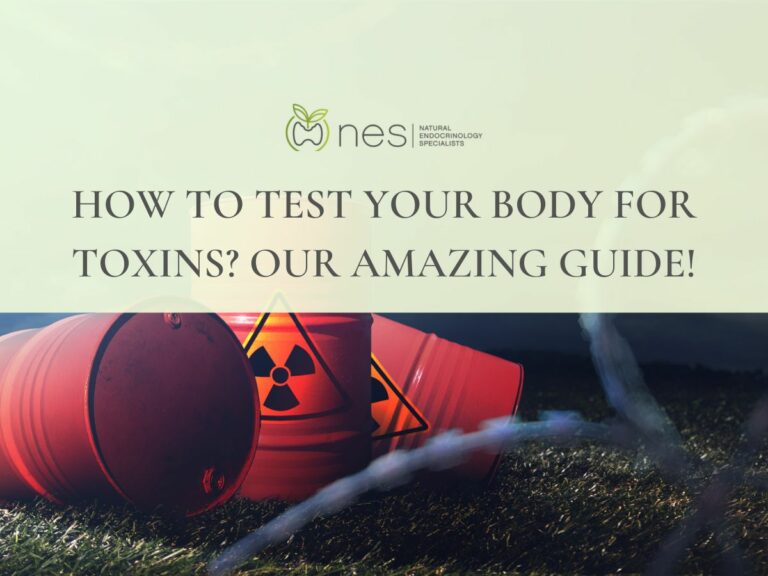How to Test Your Body For Toxins? There are toxins all around us. In our everyday life, we are exposed to them all the time. There are toxins in our food, water, and even in the air. While our bodies know how to deal with biologically damaging compounds, we don't have a system responsible for […]

There are toxins all around us. In our everyday life, we are exposed to them all the time. There are toxins in our food, water, and even in the air.
While our bodies know how to deal with biologically damaging compounds, we don't have a system responsible for the growing numbers of toxins we intake without even knowing.
When we intake more toxins than our bodies can cope with there may occur big problems.
Integrative healthcare providers have commonly believed that an overload of toxins can shock your system and cause problems.
First of all, what is the right terminology? The word "toxin" is a poison from living things (for example spiders). The right word for the harmful chemicals is "toxicant".
High concentrations of toxicants can be found in glyphosate. This substance can be found in farm animals because they are fed and irrigated with food and water that contain glyphosate.
That way the toxicants enter our bodies through the food. Some toxicants can be absorbed through your skin, because of the contaminated air, or from some substances that can be found in some self-care products.
When your body has too many toxins you may feel a bit sick. That is happening because your body is trying to find a way to get rid of the toxins.
When that happens you may have diarrhea or a strong urge to vomit, cough, or sneeze. You may even notice that you sweat more and your body odor smells different (bad).
When you have a toxic overload that may be a sign that you need to change your lifestyle in a more healthy direction.
Turmeric which is a common Indian spice has great antioxidant properties, which may enable it to flush out toxins from our body.
If you notice some of these symptoms that maybe is a sign that you need detoxification:

If you don't take any actions after the appearance of the symptoms above there may be serious consequences:
As you can see there are many symptoms and serious conditions that can arise if you are overloaded with toxicants.
You better know when and how to test for toxins.
Toxins such as heavy pesticides, metals, BPA, and fluorides impact thyroid function and cause your thyroid nodules to swell!
Should be noted that many of the symptoms are common for many other health problems. You can not guess when you need detoxification.
The most accurate way to find out if you have toxin overloads is to make tests. The two types of tests "are indirect" and "direct tests".
While the indirect test looks for clues that you have toxicants, the direct test checks the level of toxicants in your body.
Not every toxin can be measured easily and that's why the direct test is more precise.
There are two ways to do these tests- with or without provocation. If you choose to do it without provocation the results will show the results from the past few days, while provocation takes longer to get the results.
Use urine toxic metal testing, after provocation. Keep in mind that this test only checks for mercury. You should be testing every year.
There are many options for blood tests. These are the most used ones because they are easy, cheap and very quick.
The problem here is that the most dangerous toxicants stay in the serum not long enough and the serum test shows results only from the last few days. This test is better if you want to check the toxicants you intake daily.
This type of test can be used in a combination with the serum test( as a whole blood test). It is the better choice because it shows the number of toxins you have collected in your body for the last three months.
But they don't always show the whole problem.
If they are higher than they are supposed to be that can mean there are toxicants.
These tests are used for reporting many metabolic byproducts. Usually, they are performed with urine.
There are many cons here because these tests are a bit unclear. That can complicate all treatment attempts.
With these tests, you can measure heavy metals, like:
They are cheap and easy to do on your own, but they are not completely accurate and often the quantity of toxicants you find is not the same amount as the toxicants in the body.
Stay away from products that have clay bentonite in them, since they may have lead in them! Also, read this post before buying olive oil, since, some olive oils have impurities in them which can be toxic.

Acupuncture Session - $189.00
Acupuncture, Package of 4 - $636.00
Female Pellet Insertion Package - $518.00
Male Pellet Insertion Package - $744.00